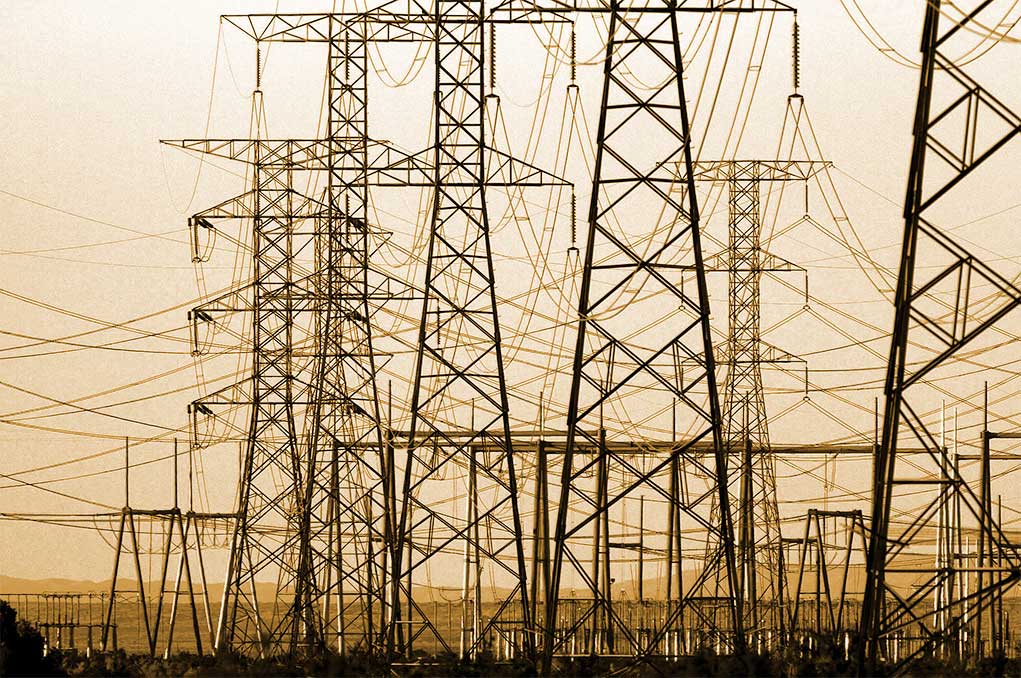Very recently, there was a Supreme Court ruling that put to rest a decade-long tussle between two regulators – Securities & Exchanges Board of India (SEBI) and Central Electricity Regulatory Commission (CERC). The issue was regarding derivatives trading in electricity.
SEBI and CERC had staked claim on regulatory power for such trading. With the Supreme Court ruling, which was based on a committee appointed around three years ago by the Union power ministry, it has now been decided that CERC would regulate all delivery-based forward contracts while SEBI will be the regulatory authority with respect to financial derivatives.
The genesis of the dispute between the two regulators can be traced to 2009 when Multi Commodity Exchange of India Ltd (MCX) wanted to introduce derivative trading in electricity. CERC did not allow MCX to make this move as it maintained that it was CERC and not the Forwards Market Commission (FMC)’s approval that was required. FMC, it may be mentioned was responsible for forwards trading in all commodities. FMC was subsequently merged with SEBI. The dispute then became that between CERC and SEBI.
The moot point here is that “electricity” is recognized as a commodity as defined under the Securities Contracts (Regulation) Act, 1956 (SCRA) and hence should come under the purview of SEBI. At the same time, all matters related to electricity would come under CERC, by default. This is how the conflict began and persisted for over a decade.
The resolution of the conflict between CERC and SEBI is expected to have far-reaching positive impact for electricity derivative trading on exchanges.
Among other things, power exchanges will now be allowed to introduce forward contracts in electricity, with a time duration exceeding 11 days. This was not possible hitherto.
Electricity trading will generally get a boost. For one, MCX be allowed to introduce futures trading in electricity. Existing exchanges like IEX and PXIL will now have more contracts to offer traders, thereby increasing the size of the electricity trading market.
Currently, the short-term (ST) electricity market is around 10 per cent of the total electricity consumption. Further, power exchanges account for around half of this ST market. With respect to total electricity consumption, power exchanges account for just about 6 per cent. This metric is poised to increase with the new development under discussion.
Also read: A welcome ray of hope for TBCB
In developed countries like UK and Germany, for example, power exchanges account for half of the electricity consumption. In India, this proportion is projected to reach at least 25 per cent by FY25, the government has estimated.
The author of this article, Venugopal Pillai, is Editor,T&D India, and may be reached on venugopal.pillai@tndindia.com. Views expressed here are personal.

